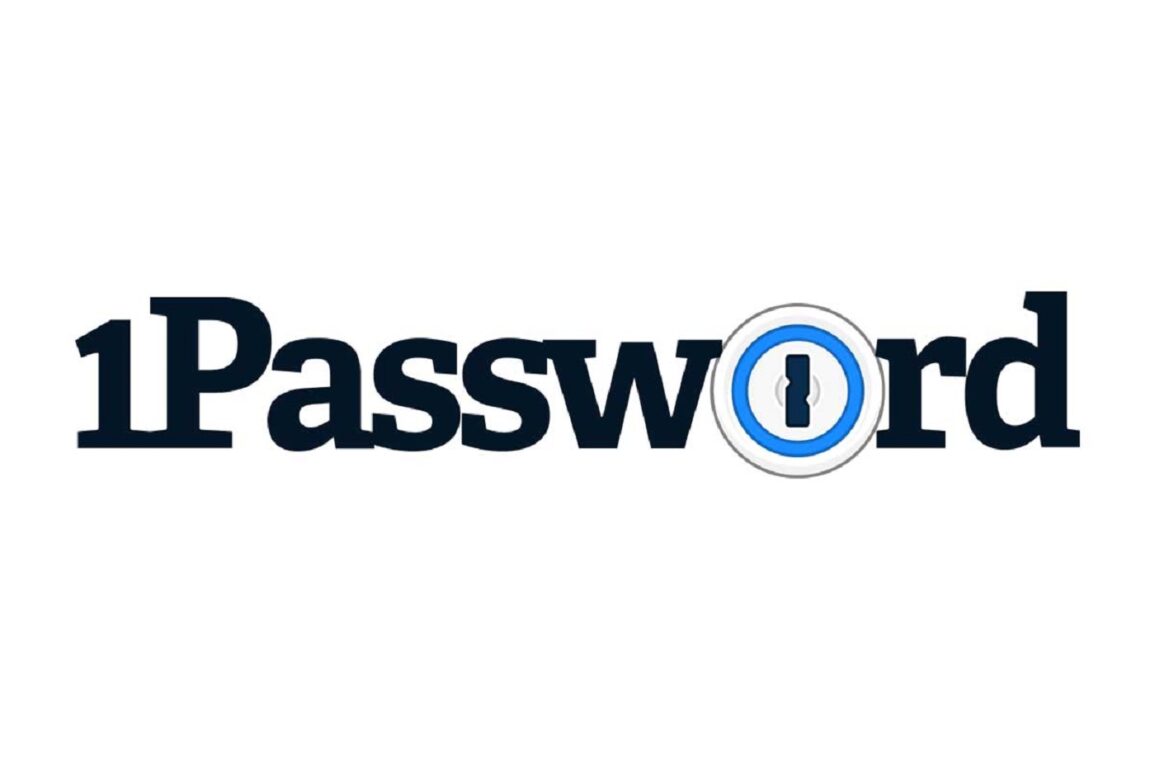

It’s very likely this cross platform functionality will be delivered by most password managers quickly once the bandwagon gets going in earnest. Apple is rolling out support via its iCloud Keychain and Google has announced support for Android and the Chrome browser.ġPassword claims its own version will be the first to offer authentication across different eco-systems and platforms using what it calls Universal Sign-On. Passkeys will also be increasingly implemented in the world’s major web browsers. Because the account or website never has access to the user’s private key, it’s impossible for anyone to hack their way into a site and find your stored password.ġPassword will provide a secure vault for an authenticator key, which can be used with websites and other online accounts. The major advantages of using the new passkey method is the increased security that comes from not having a password which can be broken or stolen.

This public/private key system uses sophisticated cryptography to allow for access without the user having to share their own private key. Passkey technology was launched back in 2016 under the auspices of the W3C and the FIDO Alliance. To login, the user accesses the authenticator app, and then either uses face, fingerprint or a code in order to access the account in question. The passkey authenticator can take the shape of a smartphone, tablet, or PC, as long as they are capable of running authenticator software. Instead of having to laboriously type out and remember long passwords, users can take advantage of a number of authenticator devices which act as keys to their account. Passkeys are an alternative security method of accessing accounts.

1Password, one of the world’s premiere password management tools, has unveiled a new plan to support passkeys instead of passwords.


 0 kommentar(er)
0 kommentar(er)
